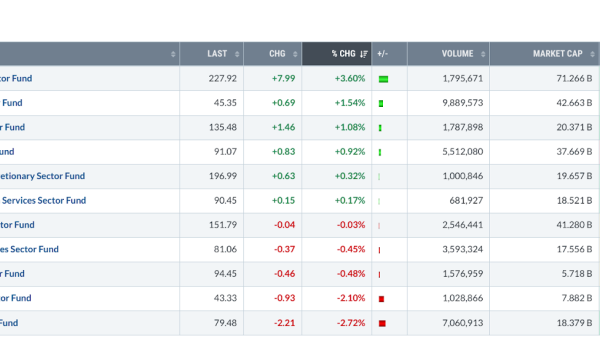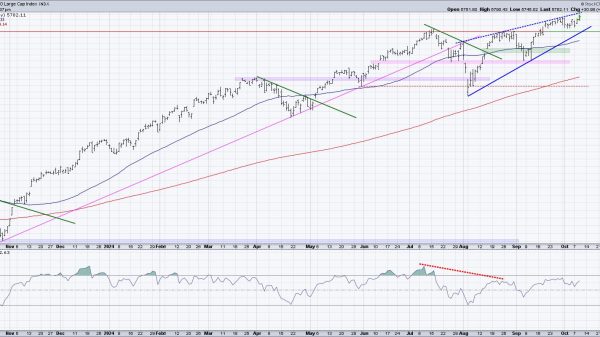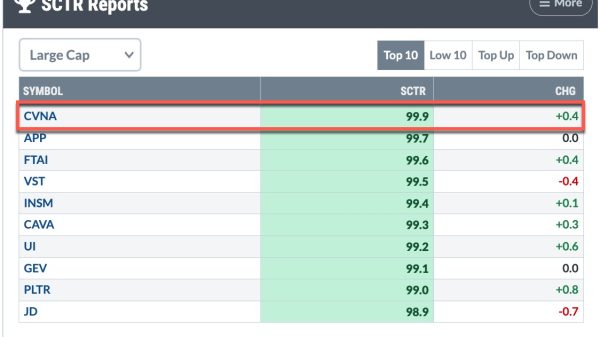Small businesses are postponing their investment plans as they grapple with increased costs and inflationary pressures.
The Enterprise Nation Small Business Barometer found a 26 per cent drop in businesses looking to raise seed capital under £10,000 in the second quarter of the year, while the number seeking between £10,000 and £20,000 rose by eight per cent, suggesting more businesses are self-funding growth plans.
Despite that, growth expectations have been revised up for this quarter by six percentage points with 27 per cent expecting to grow by at least a quarter in the next three months, up from 21 per cent.
But a third of founders are still holding down full or part time employment (33%) to fund their enterprise, which rises to 57 per cent amongst the 18 to 24-year-old age group.
Emma Jones, CBE, founder of small business support platform Enterprise Nation, said: “Small business founders are holding their nerve and taking a cautious approach to taking on funding, whilst using their own cash by holding down a job.
“This is a sensible way to test an idea in the early stages, so it’s good to see that businesses are seeking higher investment later on when they are ready for it – and they are confident the time is right for them.
“We have seen for ourselves that businesses are still hungry for cash, but they are actively seeking out grants and accessing free support to get them to the next level. It’s one of the reasons we launched our own grant fund earlier this month to support these early-stage businesses with real ambition.”
Growth optimism
Businesses in the West Midlands are most optimistic about growth in the UK, with 38 per cent saying they expect to grow by a quarter, followed by the South West (30%) and the South East (29%).
Sixty-four per cent of Welsh and 54 per cent of Scottish-based firms said they expected to stay the same for the next three months, but the picture is very different in the North East where a quarter (25%) of all firms expect to shrink along with around 22 per cent in the East Midlands.
Tech firms (45%) said they were quite likely to expected to expand, with 28 per cent of events companies saying they were very likely to expand. General retailers were most pessimistic with 17 per cent saying they were very unlikely to expand.
Sales are down by three per cent overall, with sales falling most rapidly in the East Midlands and Scotland where 52 per cent reported a cost-of-living-related drop, a 14 per cent increase on the last quarter. In the North East, 50 per cent said sales figures were down.
General retail and fashion appear to have been the hardest hit, with 61 per cent in both categories seeing sales slump.
Digital Britain today
Almost half of all small businesses now see themselves as digital, with 42 per cent of businesses saying they considered their business to be digital. That rises to 61 per cent among the 25 to 35 age group and 57 per cent among 18 to 24s.
Businesses in the South East (49%) and London (48%) were most likely to be digital, but that reduces to 35 per cent in Yorkshire and the Humber and the East Midlands.
Age is no barrier to starting up
The Barometer also looked at the age of business founders, with the average age at 46. Today more than a third (35%) of businesses are started and run by people over 50.
Business founders in the East of England had the highest average age at 52, followed by the South East at 51 and 50 in the South West. The East Midland is home to youngest average age of founder at 43.
‘Scary to commit’
Lydia Berman, founder of Kings Langley-based creative agency, Creative Stripes, the Creative Support Hub and Mapper Cards which help neuro diverse entrepreneurs build businesses, said: “It’s scary to commit to higher levels of funding when you don’t know what’s going on with consumer demand due to energy costs and interest rates over the next few months.
“Grant funding available from local authorities has fallen off a cliff since the days of the European Regional Development Fund. The amounts I can apply for now under the Shared Prosperity Fund are very low and require a 69 Per cent investment from you – something that’s unlikely to make any difference to small firms.”
Read more:
Small businesses postponing investment plans as they cope with higher costs
























